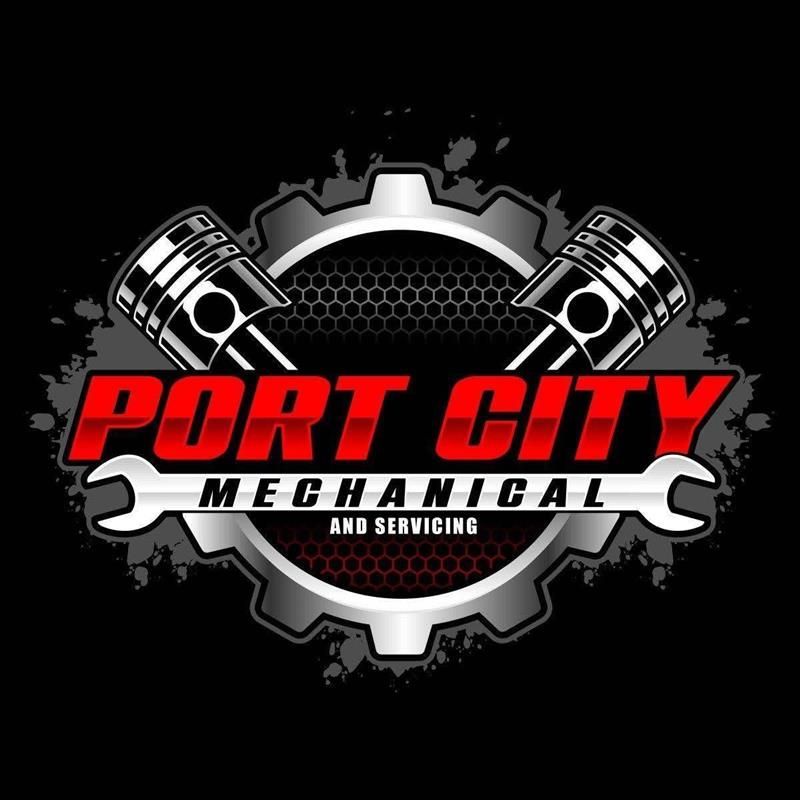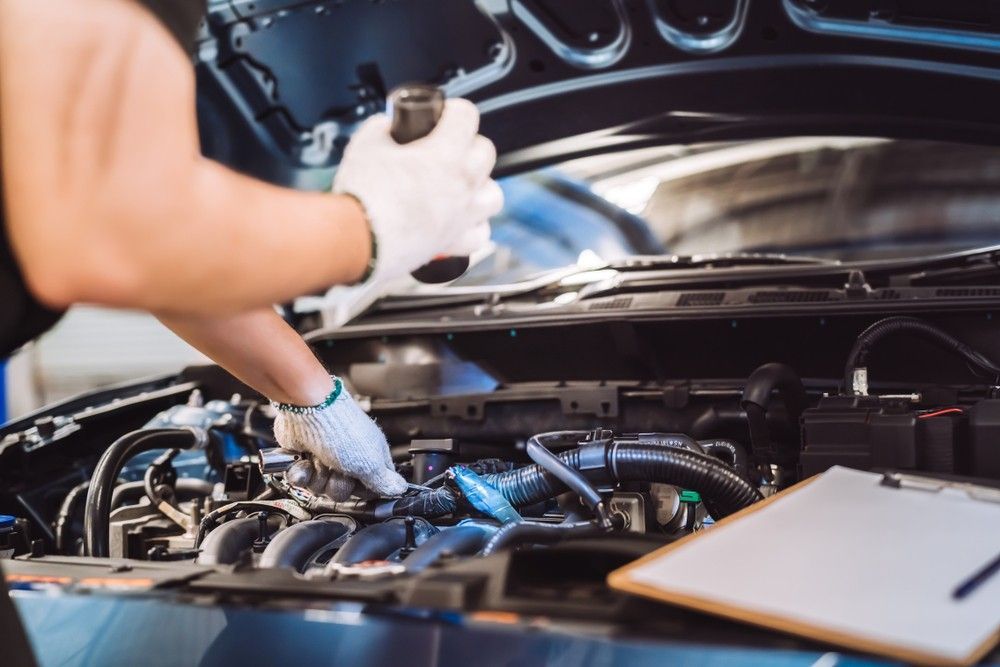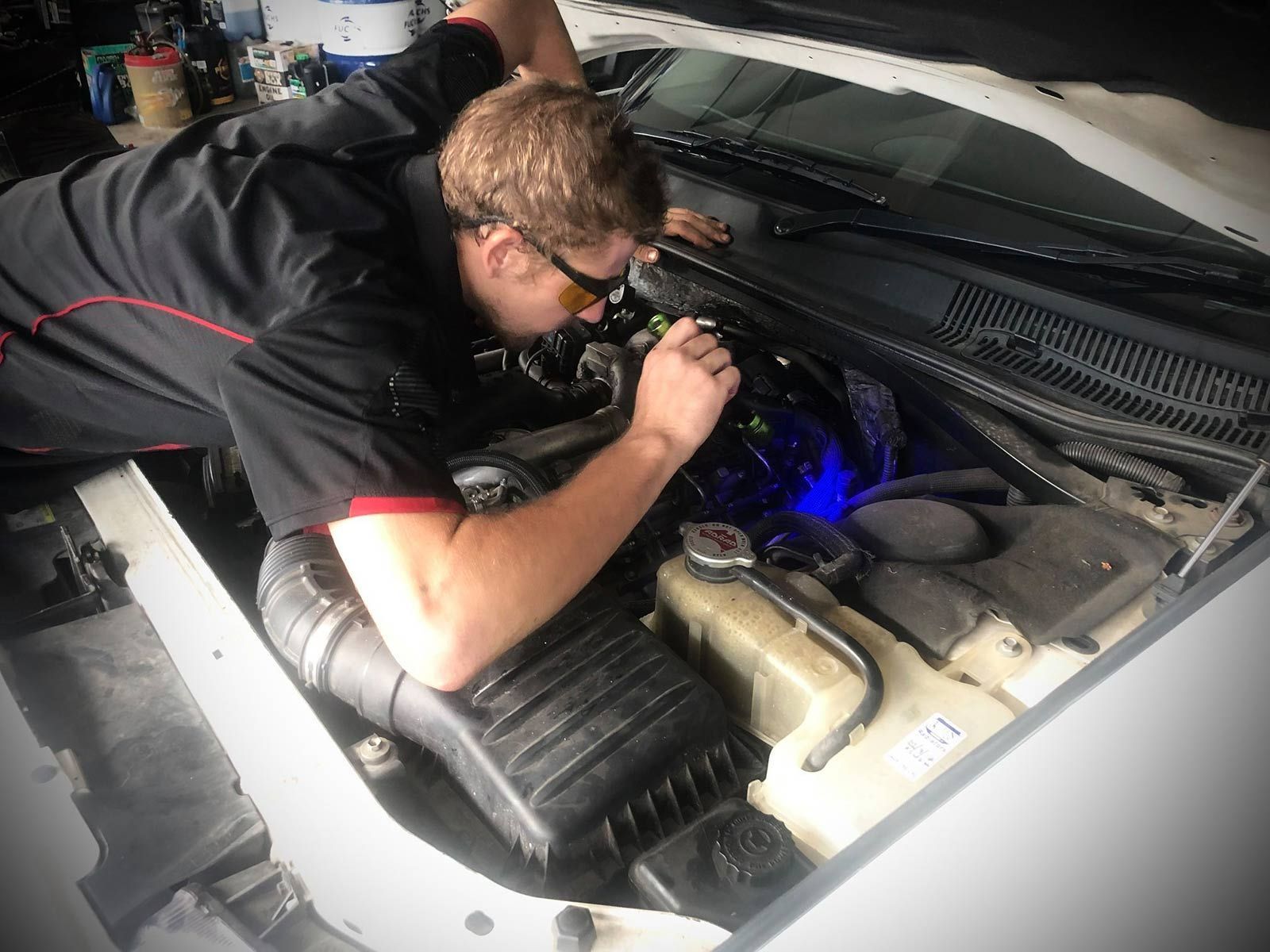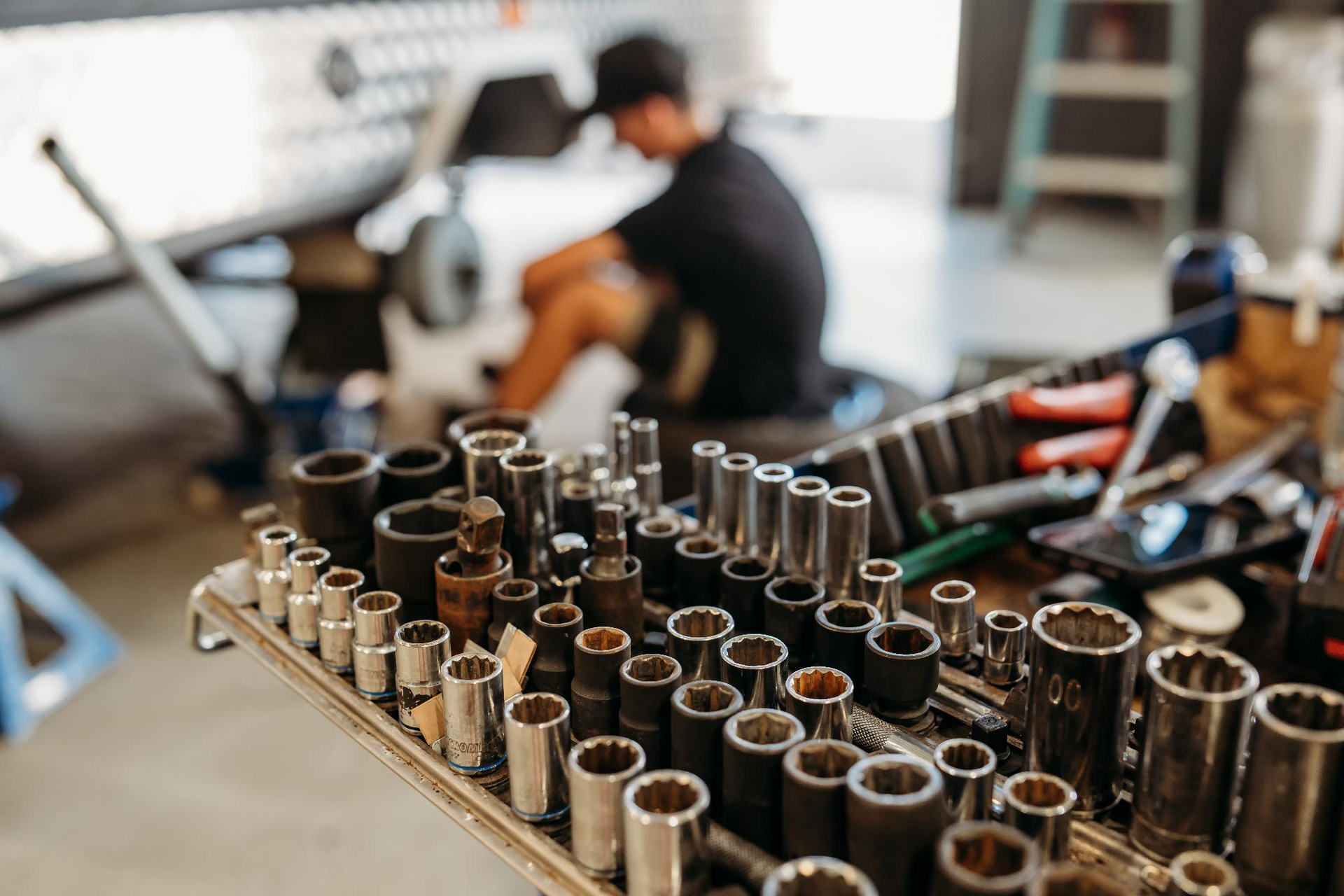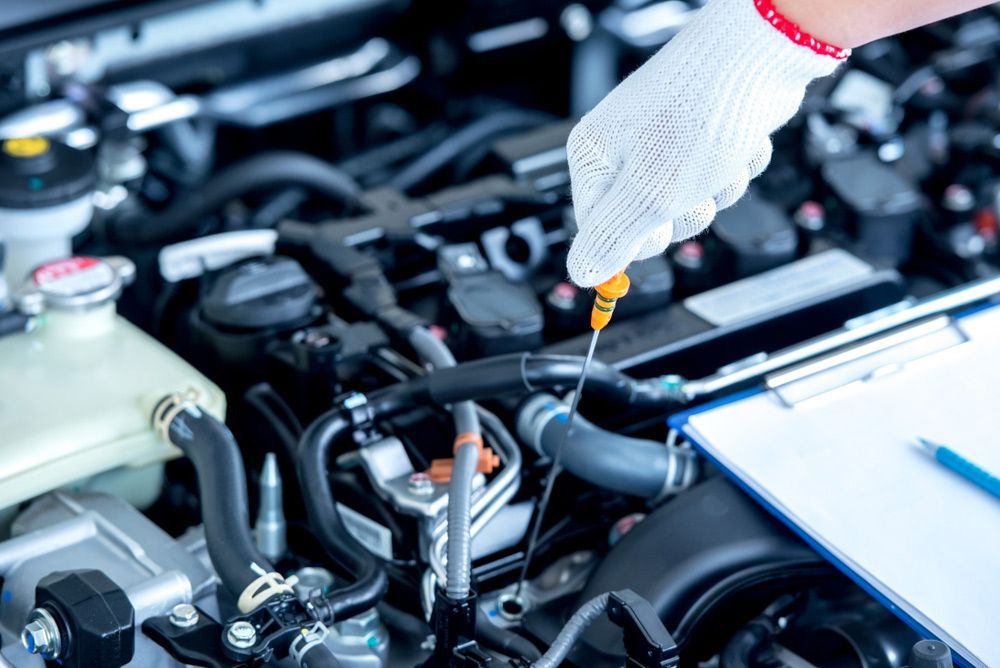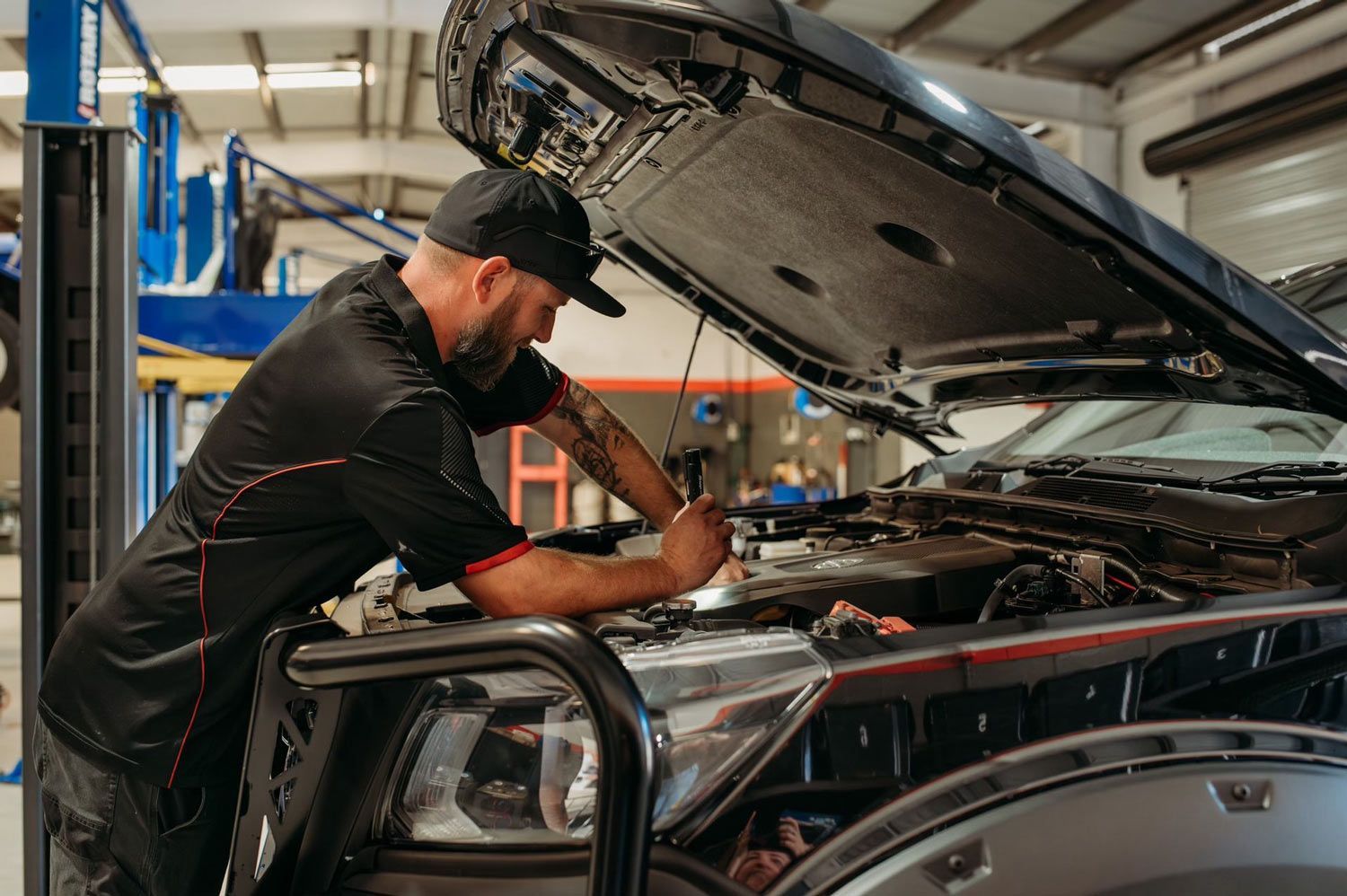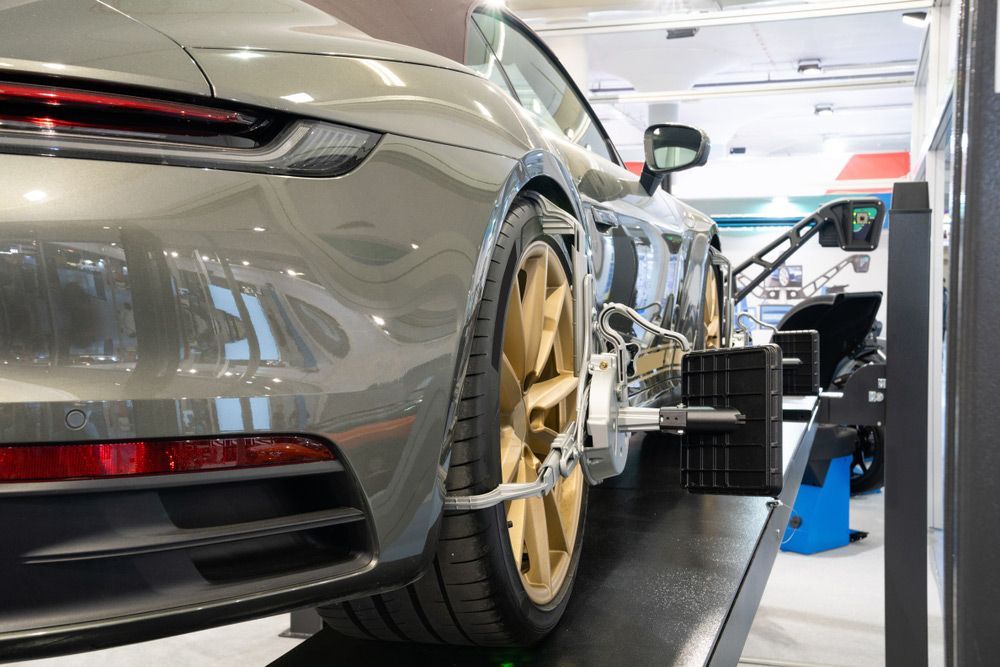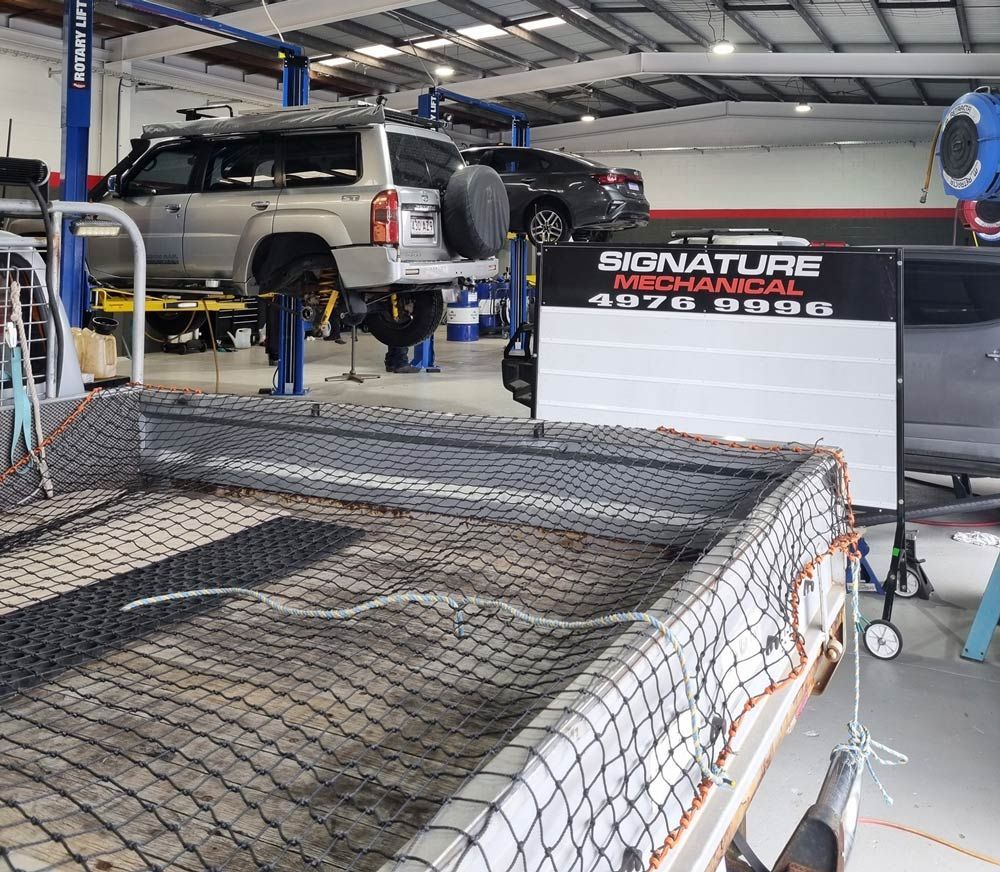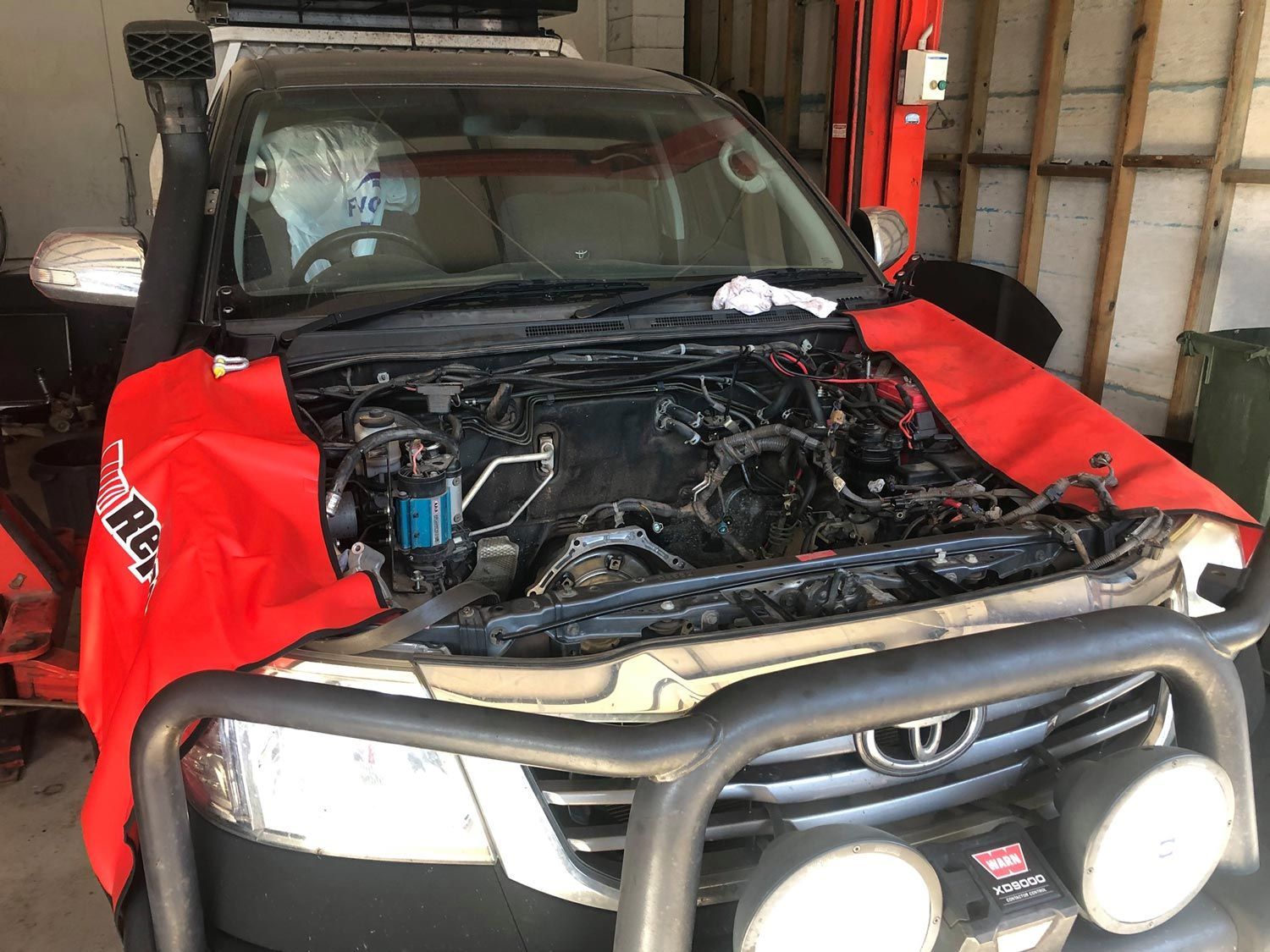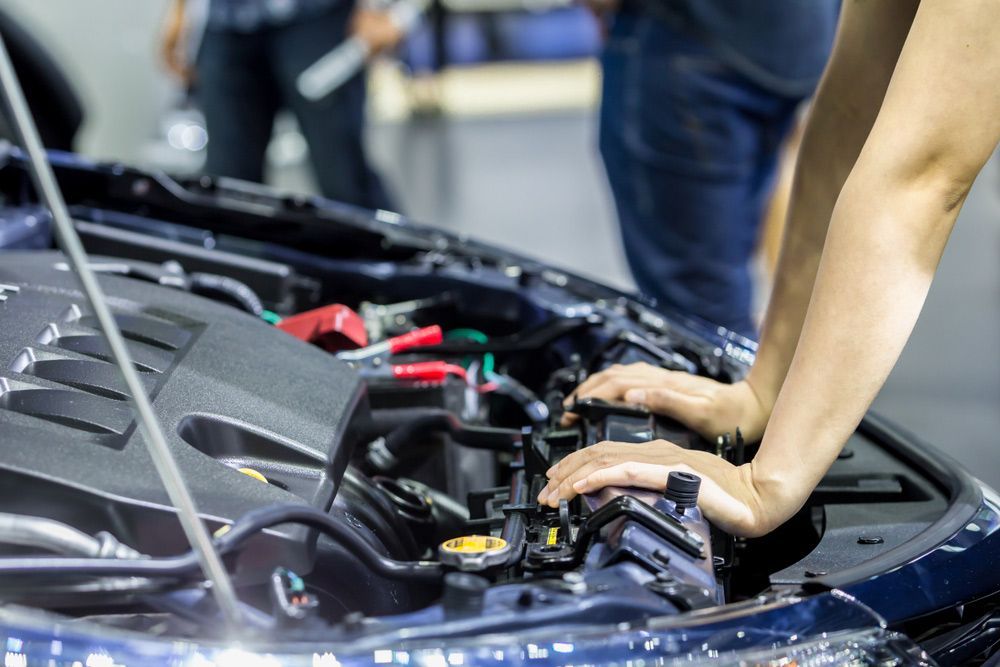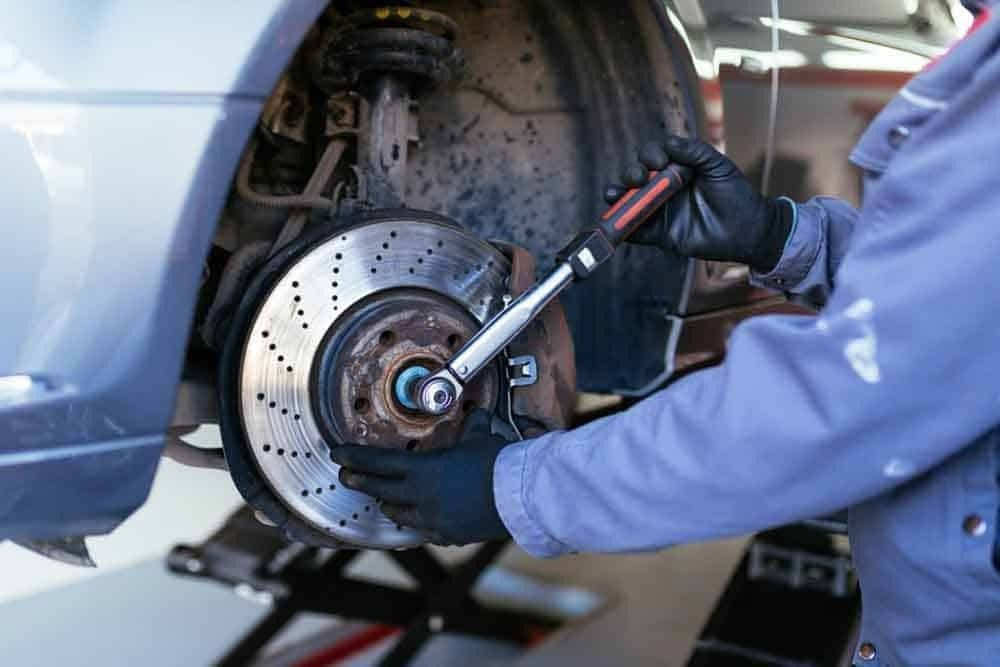Top 8 Reasons Vehicles Don’t Pass A Roadworthy Inspection
Booking a roadworthy inspection can be a nerve-racking experience for car owners. Whether selling your vehicle, registering it, or ensuring it meets legal safety standards, a failed test can throw a serious spanner in the works. In Gladstone, mobile roadworthy inspections offer a convenient solution—but even with the flexibility of coming to you, passing the inspection hinges on your vehicle’s condition. To avoid surprises, it helps to know the common reasons why vehicles fail their roadworthiness tests. That way, you can fix any faults in advance and ensure a smoother process.
Here’s a detailed breakdown of what will fail a roadworthy inspection in Queensland, covering the most common issues that prevent vehicles from receiving their certificate.
1. Worn or Damaged Tyres That Compromise Safety
Your tyres do more than grip the road—they’re a critical safety component that must meet legal standards during inspection. Any signs of wear, damage, or mismatch can result in a failed test.
Common tyre-related issues include:
- Tread depth less than 1.5mm across the tread area
- Sidewall damage such as cracks, bulges or splits
- Uneven wear patterns that suggest misalignment or suspension issues
- Tyres of differing size or specification on the same axle
- Retreaded tyres not meeting compliance requirements
It’s a good idea to check all four tyres—including the spare if fitted—and replace them if they look excessively worn or unsafe.
2. Faulty Brakes & Brake Components
Brakes are non-negotiable when it comes to roadworthiness. The inspector will thoroughly test braking efficiency and inspect all related parts for wear and damage. A failure in any of these areas means a failure overall.
Common brake issues include:
- Brake pads or shoes worn beyond safe limits
- Damaged or warped brake rotors or drums
- Fluid leaks from lines, cylinders or callipers
- Soft or spongy brake pedal response
- Uneven braking or pulling to one side when applied
A pre-inspection brake check can catch issues early. If you notice squealing noises, vibrations, or reduced stopping power, have your system inspected before booking.
3. Cracked Windscreens or Non-Functional Wipers
Visibility is crucial for safe driving, and inspectors pay close attention to anything that might obscure the driver’s view. Windscreens and wiper systems must be in good condition to pass.
Potential fails include:
- Cracks or chips larger than 16mm in the driver’s line of sight
- Discolouration or damage in the swept area of the windscreen
- Worn or damaged wiper blades that fail to clear water
- Non-functional washer nozzles or reservoirs
- Windscreens with bubbling tint or obstructive stickers
Simple maintenance like replacing wiper blades or clearing the windscreen can significantly affect your roadworthiness outcome.
4. Suspension Issues & Steering Defects
Suspension and steering are directly linked to how your vehicle handles, especially during emergency manoeuvres. Any looseness, play, or damage in these systems will raise red flags during inspection.
Watch out for:
- Leaking or blown shock absorbers and struts
- Worn or cracked bushings and control arms
- Excessive play in the steering wheel
- Clunking or knocking sounds while turning
- Uneven or sagging vehicle height
Suspension problems are often silent contributors to uneven tyre wear or reduced braking performance. If your vehicle feels bouncy or unstable, it’s time to have it checked.
5. Warning Lights & Dashboard Indicators
Many modern vehicles come equipped with dashboard lights that alert the driver to issues affecting the car’s safety or emissions. If any of these lights remain on during inspection, you will likely fail the roadworthiness test.
Warning lights that commonly cause issues:
- ABS (anti-lock braking system) warning
- Check engine or malfunction indicator light (MIL)
- SRS or airbag warning light
- Brake system or low brake fluid warning
These lights indicate potential electronic or mechanical faults. Before the inspection can proceed, you’ll need to diagnose and repair the underlying issues.
6. Vehicle Lights Not Operating Correctly
Lighting faults may seem minor, but they’re critical for safety, especially when driving in low-visibility conditions. A mobile roadworthy in Gladstone includes a complete check of all lighting systems.
Inspectors check:
- Headlights (high and low beam) for alignment and clarity
- Brake lights and tail-lights for visibility
- Turn indicators for correct operation
- Reverse lights and number plate illumination
- Hazard lights and reflectors for compliance
All lenses must be free from cracks or discolouration, and bulbs must be bright and functional. A quick walkaround with a friend pressing the pedals and switches can help spot issues before inspection day.
7. Exhaust Leaks or Excessive Emissions
Emissions systems are not only about environmental compliance—they’re also essential to cabin safety. A leaking or malfunctioning exhaust can lead to engine inefficiency, noise violations, and even harmful gases entering the vehicle.
Look for signs such as:
- Loud exhaust noise or rattling sounds
- Visible smoke (especially black, blue or white)
- Strong fuel or burning smells
- Rust or holes in exhaust pipes or mufflers
- Missing or tampered catalytic converter
Many issues here stem from ageing components or DIY modifications. Getting a professional to inspect and repair your exhaust system can ensure it meets roadworthy standards.
8. Structural Rust or Body Damage
Surface rust might pass without issue, but structural corrosion or accident damage can significantly weaken a vehicle’s frame and compromise safety. Inspectors pay close attention to areas that support mechanical or safety systems.
Problem areas include:
- Rust around seatbelt anchor points or floor pans
- Deterioration near suspension or steering mounts
- Sharp bodywork edges caused by corrosion or damage
- Poor-quality accident repairs or visible welding faults
- Crushed or twisted chassis rails from prior collisions
If you’re not sure whether rust is structural, have it professionally assessed. Early rust treatment and panel repairs can save you from more extensive work.
Need a Mobile Roadworthy in Gladstone?
At Port City Mechanical and Servicing, we offer mobile roadworthy inspections across Gladstone. We understand how inconvenient it can be to bring your vehicle into a workshop, so we come to you—whether you’re at home, at work, or anywhere else. Our licensed inspectors take the time to explain any faults clearly and guide you through what needs to be done to pass.
Get in touch via our contact page or
give us a call to book a mobile roadworthy inspection in Gladstone today.
